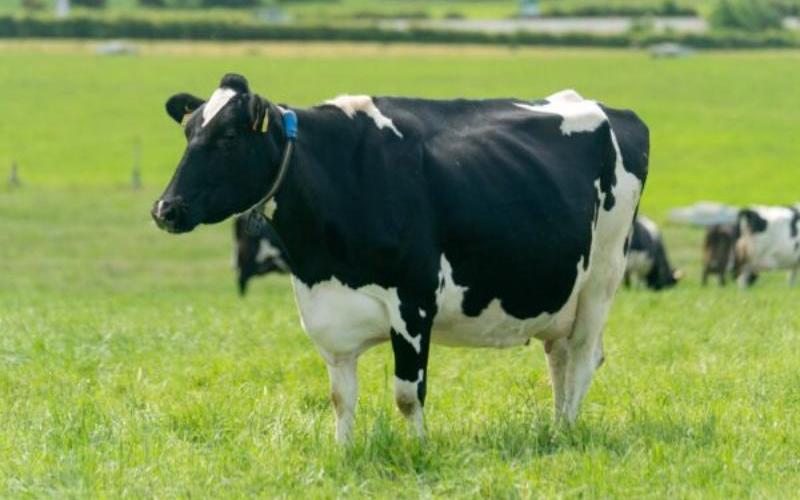Rethinking Worm Control Strategies in Dairy Cows Amidst Emerging Research

Veterinary advice is shifting as new research challenges the traditional approach to worm control in dairy cows. Previously, routine dosing of adult cows during housing was standard practice to manage worm burdens. However, recent studies indicate that worm levels can vary significantly across different farms and years, prompting experts like Ciaran Mellett from Smith and Foley Vets to suggest a more evidence-based approach.
The main parasite of concern, Ostertagia ostertagi, does not always pose a threat to adult cows, which often have developed immunity. As Mellett explains, unnecessary treatment not only wastes resources but can also contribute to the development of wormer resistance and ecological impacts due to chemical residues. Therefore, farmers are encouraged to utilize diagnostic tools such as bulk milk ELISA tests. These tests, which measure antibodies in milk, provide a clearer indication of worm exposure during grazing seasons and can guide targeted treatment decisions.
Structured testing programs, such as those being implemented by Smith and Foley Vets, offer monthly diagnostic assessments during peak grazing periods. This approach allows farmers to detect and address rising worm activity promptly. By tailoring treatments to actual need, farmers can reduce costs and preserve the effectiveness of available wormers, like eprinomectin, which has zero milk withdrawal.
Concerns over wormer resistance are growing, with parallels drawn to issues already observed in sheep flocks. The cattle industry is beginning to see similar warning signs, emphasizing the importance of sustainable parasite management. This includes maintaining refugia, using diagnostics before treatment, and rotating products only when necessary.
Mellett stresses the importance of basing worming decisions on evidence rather than routine. By asking specific questions about the herd's condition and utilizing diagnostic results, farmers can ensure that treatments are necessary and effective. This strategic approach not only benefits the health of the cows but also ensures the long-term viability of worm control measures.










